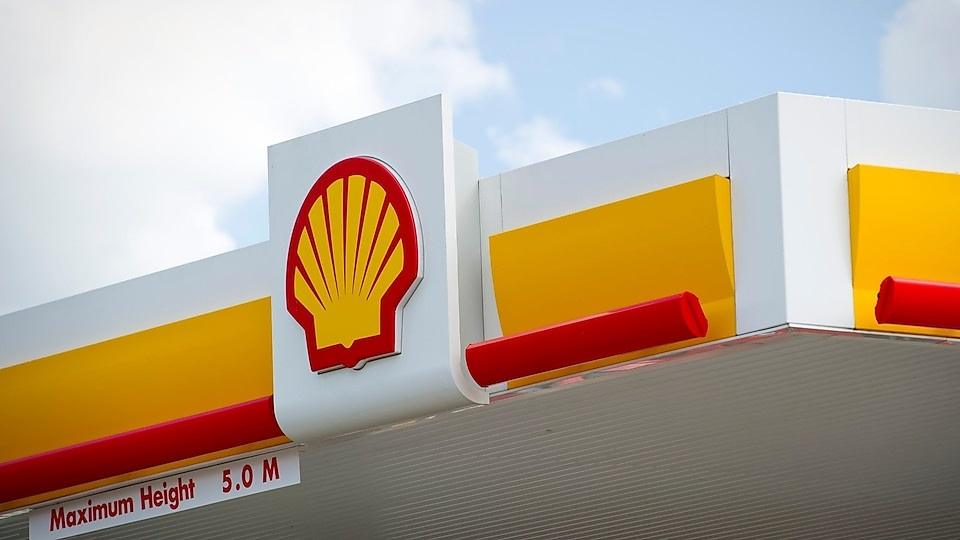
A group of institutional shareholders, alongside sustainable investment-focused organizations ShareAction and the Australasian Centre for Corporate Responsibility (ACCR), announced today the filing of a new shareholder resolution at Shell, calling on the company to provide more transparency regarding the consistency of its plans to significantly grow its production of liquefied natural gas (LNG) with its commitment to reach net zero emissions by 2050.
Investors participating in the filing of the resolution included pension funds Brunel Pension Partnership, Greater Manchester Pension Fund and Merseyside Pension Fund, in addition to more than 100 individual shareholders.
Vaishnavi Ravishankar, Head of Stewardship, Brunel Pension Partnership, said:
“Brunel is deeply concerned about the apparent disconnect between Shell’s LNG growth strategy and its stated climate targets and Paris-aligned pathway. We need to see further transparency to assess Shell’s alignment with climate goals, particularly in the context of the recent removal of its interim 2035 climate target. We are committed to engaging with Shell to enhance the ambition, transparency, and credibility of its climate transition efforts.”
The new resolution follows the release last year by Shell of its “Energy Transition Strategy 2024,” the first update to its “Powering Progress” strategy, launched in 2021, outlining the company’s climate transition roadmap and goals. In 2020, Shell announced a commitment to achieve net zero in its operations by 2050, and in 2021, the company launched its “Powering Progress” strategy, detailing how it will achieve its target to be a net-zero energy business by 2050 across Scope 1, 2 and 3 emissions, with initiatives including investing in renewable and clean energy solutions.
The company’s updated Energy Transition Strategy highlighted its view of LNG as playing “a critical role in the energy transition,” including through replacing coal in heavy industry and in power generation, and includes plans by the company to grow its LNG business by 20% – 30% by 2030, on a 2022 basis.
In a statement supporting the resolution, however, the shareholders question the company’s assumptions regarding future LNG demand, noting in particular that Shell’s LNG Outlook is substantially higher than all demand scenarios published by the International Energy Agency (IEA), exposing the company to value erosion if demand is lower than anticipated by the company, and noting that Shell’s plans would set LNG to account for nearly a third of its upstream hydrocarbon production by 2030.
The resolution asks for Shell to disclose how its LNG plans “are consistent with its climate commitments, including its target to reach net zero emissions by 2050,” with the statement noting:
“It is currently not clear how to assess alignment between the company’s LNG strategy and its commitment to reach net zero emissions by 2050. Shell does not explain the temperature outcome associated with its LNG Outlook, nor how it would meet its net zero commitments if the high levels of LNG demand do materialise, without relying on implausibly high levels of negative emissions technologies.”
The new initiative follows a shareholder resolution filed last year by a group of 27 institutional investors representing more than $4 trillion in assets under management, urging the company to set a Paris Agreement-aligned medium-term target to reduce emissions arising from the use of its products. The resolution failed, receiving only 18.6% shareholder support. Shell also recently won an appeal reversing a landmark 2021 ruling by a Dutch court holding the company responsible for greenhouse gas (GHG) emissions resulting from its customers’ use of its products, and ordering the company to dramatically reduce emissions by the end of the decade.

